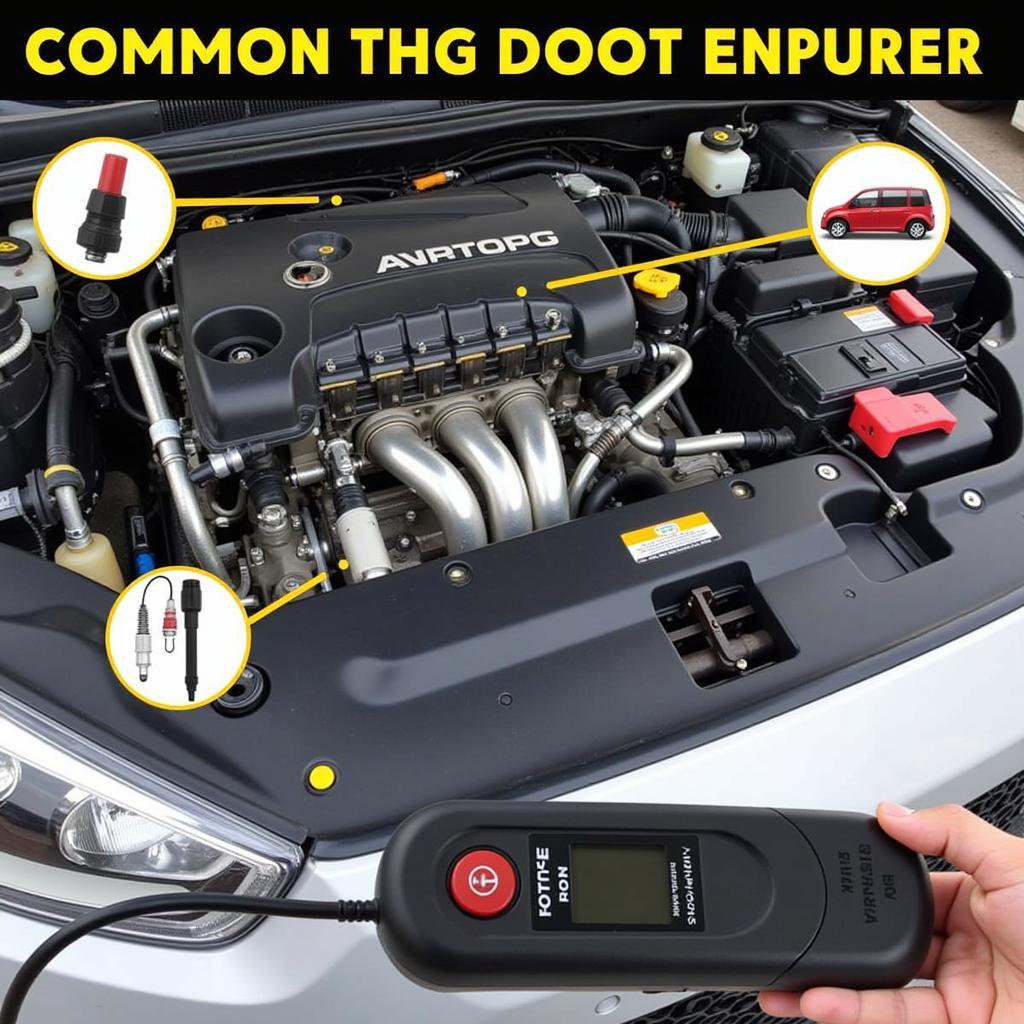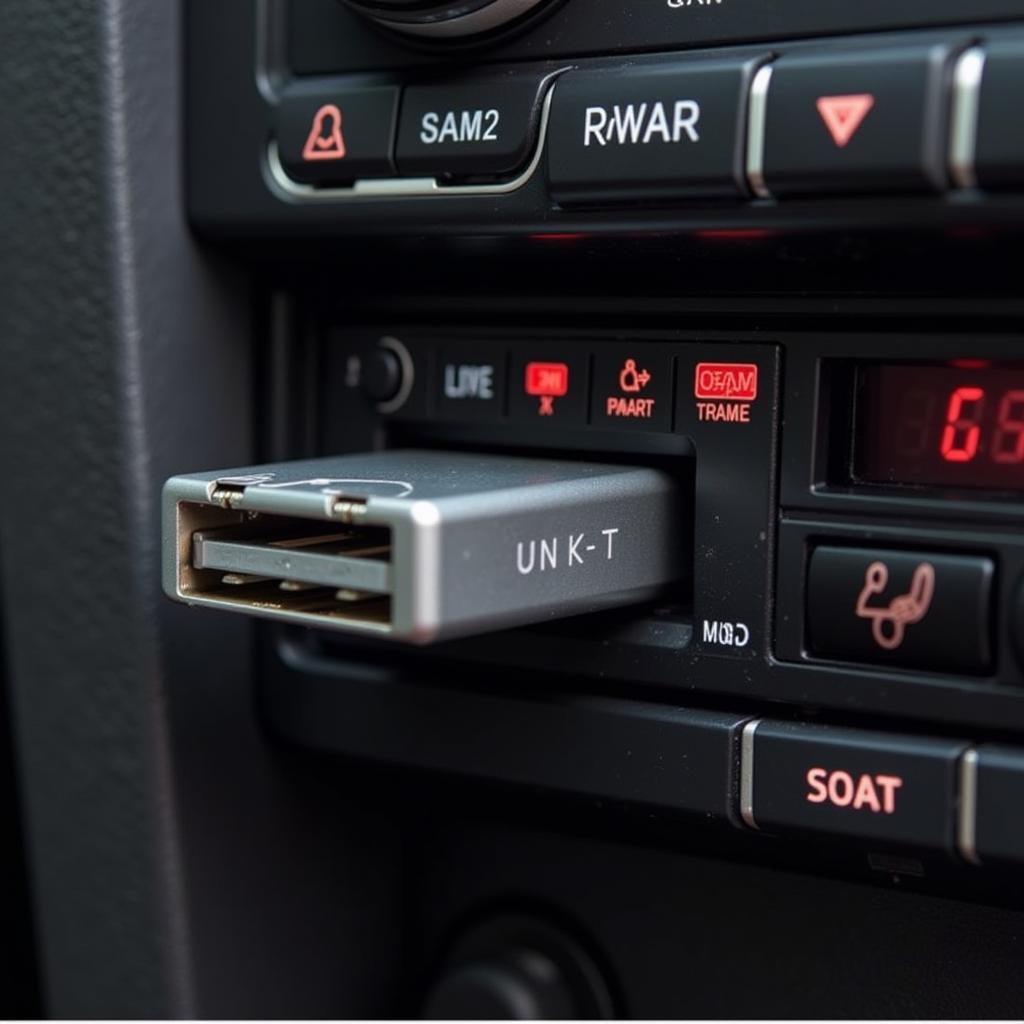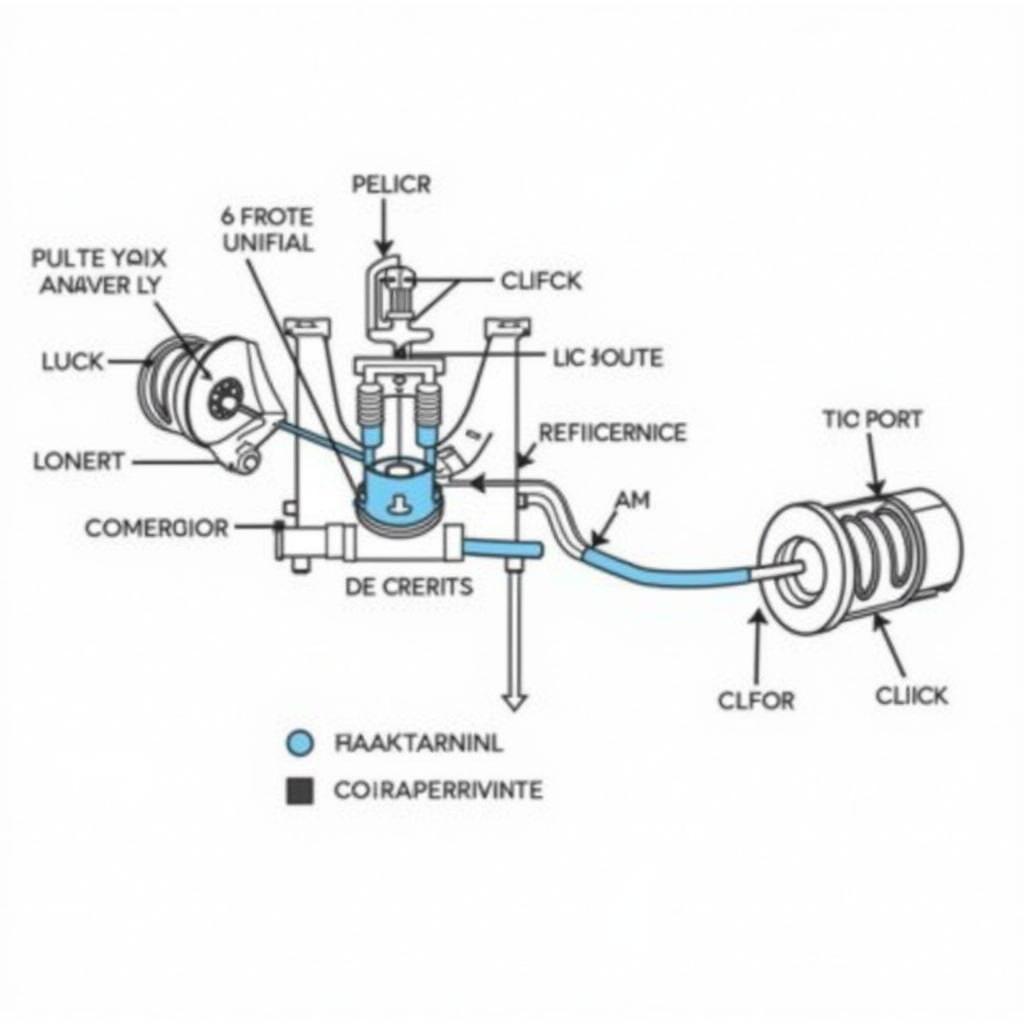You just bought your dream used car, but as you’re driving off the lot, you spot a dent you somehow missed during the inspection. Now you’re left wondering, “Will the dealership actually fix this?” The answer, like many things in the car world, is… it depends.
Several factors come into play, from the dealership’s policies and the car’s history to the type of damage and your negotiating skills. Let’s break it down so you can navigate this situation like a pro.
Understanding Your Rights
First things first, did you buy the car “as is”? Many used cars are sold this way, meaning the dealership is not obligated to make any repairs, even if you discover issues after the sale. Always check your paperwork thoroughly! If “as is” isn’t explicitly stated, you might have some recourse.
Types of Damage and Dealership Responsibility
Not all dents are created equal in the eyes of a dealership. Here’s a breakdown:
- Pre-Existing Damage: If the dent was clearly present before you bought the car and wasn’t disclosed, you have a strong case. The dealership should have noted it on the vehicle history report or during the inspection.
- Delivery Damage: Did the dent happen while the car was in transit to the dealership or on their lot? If you can prove it, they’re responsible for the repair.
- Wear and Tear: Small dents, dings, and scratches can be considered normal wear and tear, especially on older used cars. Dealerships are less likely to cover these unless they’re significant.
Talking to the Dealership
Armed with knowledge, it’s time to approach the dealership.
- Be Polite but Firm: Explain that you discovered the dent after the sale and believe it was pre-existing or a result of their negligence.
- Provide Evidence: Photos, videos, and any documentation you have from your inspection can strengthen your claim.
- Know Your Options: Are you willing to accept a discount on the car? A free repair at their service center? Be prepared to negotiate.
What if the Dealership Refuses?
If the dealership refuses to budge, don’t despair. You still have options:
- Contact Your Insurance: Your insurance might cover the damage, depending on your policy.
- Seek Legal Advice: If you believe the dealership acted dishonestly, consult a lawyer specializing in consumer protection.
- File a Complaint: Consider filing a complaint with your local consumer protection agency or the Better Business Bureau.
Tips for Avoiding Future Dent Dilemmas
- Thorough Inspection: Never skip a thorough inspection, preferably with a trusted mechanic. [Fix car dant with rubber tile suction cup works?]
- Vehicle History Report: Always obtain a vehicle history report to uncover any previous accidents or repairs.
- Document Everything: Take photos and videos of the car’s condition before signing any paperwork.
- Read the Fine Print: Carefully review the sales contract, paying close attention to “as is” clauses and warranty information.
Conclusion
Buying a used car can be a great way to save money, but it’s essential to be aware of potential issues like undiscovered dents. By understanding your rights, doing your research, and being proactive, you can increase your chances of driving away in a car you love, dent-free and worry-free. Remember, knowledge is power when it comes to dealing with dealerships.
If you’re looking for more tips on inspecting used cars or have other automotive questions, feel free to contact AutoTipPro at +1 (641) 206-8880 or visit our office at 500 N St Mary’s St, San Antonio, TX 78205, United States.
FAQs
1. Should I point out every imperfection during the inspection?
While you don’t need to point out every minor scratch, focus on significant damage and anything that raises concerns about the car’s history.
2. Can I get out of the deal after I’ve signed the paperwork?
It’s extremely difficult to back out of a car purchase after signing. Always be sure about the car and the terms before you sign.
3. What if the dent was disclosed but I didn’t notice it?
If the damage was disclosed and you missed it, the dealership is not obligated to fix it. This highlights the importance of a thorough inspection.
4. How do I know if a used car has been in an accident?
A vehicle history report can reveal accidents, but also look for signs like mismatched paint, panel gaps, and inconsistent wear on tires.
5. Should I hire a mechanic to inspect a used car before I buy it?
Absolutely! A pre-purchase inspection by a trusted mechanic is always recommended, even if the car comes with a warranty. They can identify potential problems that aren’t immediately visible. Are there [cars difficult to fix up]? Perhaps you are looking at some [old cars to fix up]. Have you always wanted one of those [best classic cars to fix up]? Are you a fan of [fix up my car tv shows]? These are all questions to ask yourself.







Leave a Reply